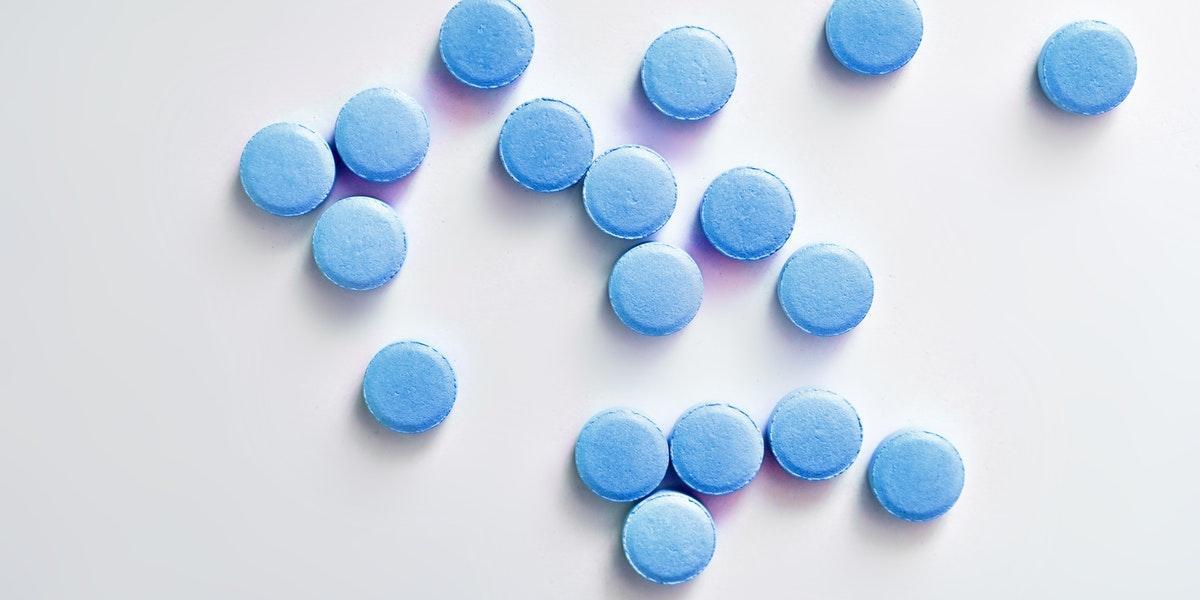Fentanyl is a synthetic opioid that is 80-100 times stronger than morphine. Pharmaceutical fentanyl was developed to treat severe pain in cancer patients. For these patients, a fentanyl patch is worn, delivering pain medicine on a round-the-clock basis. However, fentanyl can also be illicitly produced and taken for its euphoric effects.
Due to its potency, fentanyl is highly addictive. It may also be added to heroin to make it stronger and more addictive. Many users who purchase heroin don’t know that they are actually purchasing fentanyl, which often leads to overdose deaths. The biggest suppliers of fentanyl to the United States are Mexico and China.
If you or a loved one has an addiction to fentanyl, you may be wondering how to start addiction recovery in Newport Beach. Because fentanyl is an opioid, it’s treated in the same way as a heroin or prescription opioid addiction. Newport Beach Recovery Center treats fentanyl addictions with a combination of therapy and medication.
Fentanyl Overdoses are on the Rise
The DEA reports that fentanyl abuse has risen in recent years, increasing emergency room visits, drug seizures and overdose deaths. In 2021, there were over 75,000 deaths involving opioids, primarily fentanyl.
When you take an opioid drug, your brain chemistry changes. The drugs fill opioid receptors along the central nervous system and change the way certain neurotransmitters move around. Eventually, the brain no longer makes these neurotransmitters on its own because it’s relying on the drug to do it.
If the drug is removed from the body, opioid withdrawal symptoms begin. As the brain tries to restore its balance, you’ll go through a period of withdrawal that includes flu-like symptoms such as sweating, aches and pains, insomnia, excessive yawning and stomach pain. Due to the intense nature of these symptoms, recovery from fentanyl should start with a medical detox center in Newport Beach.
How Long Does Fentanyl Detox Take?
Whether you’re taking fentanyl recreationally or medically, there is a strong potential for addiction. Fentanyl withdrawal symptoms usually begin 6-12 hours from the last dose and last for about one week.
The acute symptoms of fentanyl withdrawal tend to be their worst between day 1 and 3. However, post-acute symptoms may last for weeks or months. These symptoms include anxiety, sleep problems, dysphoria and an inability to feel pleasure.
After about one week, most people are feeling much better and have physically detoxed from fentanyl. But the journey does not stop here. You’ll need to start therapy so that you can understand what led to the abuse and change harmful thoughts, behaviors and patterns. Without inpatient drug rehab in Orange County, it’s likely that you’ll fall right back into addiction.
What are the Symptoms of Fentanyl Detox?
Fentanyl detox includes both physical and mental symptoms.
Physical symptoms:
- Sweating
- Chills
- Excessive yawning
- Runny nose
- Tearful eyes
- Aches and pains
- Trouble sleeping
- Stomach pain
- Exhaustion
Emotional symptoms:
- Mood swings
- Anxiety
- Depression
- Cognitive problems
- Drug cravings
A Closer Look at the Fentanyl Withdrawal Timeline
Typically, you’ll begin to feel withdrawal symptoms in about 12 hours from the last dose, though this depends on how you were taking the fentanyl. For example, extended-release medication increases for the first 12 to 24 hours of wearing it, lasting up to 72 hours. If you’re taking a fentanyl patch, it will take longer for the withdrawal effects to kick in.
As the opioids leave the bloodstream, you’ll begin to experience symptoms like yawning, sweating and restlessness. These symptoms peak in the first few days of detox and then taper off in about a week or so, as your body adjusts to not having opioids in it.
It’s not safe to stop fentanyl cold turkey. The drug can lower your respiratory rate, heart rate and blood pressure to dangerously low levels. There are also long-lasting emotional issues that can occur with fentanyl detox, which can raise the risk for relapse and self-harm.
Therefore, drug rehabs in Newport Beach typically start clients on a weaning schedule or replaces fentanyl with a drug like naltrexone. This gives the body a chance to wean off the opioid and lessen the severity of withdrawal symptoms.
Effective Treatments for Fentanyl Addiction
Once you complete fentanyl detox, you can move forward with a treatment program. It’s important to know that there is no quick fix for fentanyl addiction. Treatment generally takes about one year, and recovery is an ongoing, long-lasting process.
Medical maintenance programs that use methadone and buprenorphine are most effective because they help people manage their cravings and deter further abuse. This way, people can focus on healing and rebuilding their lives.
Holistic treatment is also an option. Stress and anxiety are two triggers for addiction, so learning to manage these is an important part of the healing process. Treatment centers like Newport Beach Recovery Center offer both evidence-based and holistic therapies that address the underlying root of addiction, as well as any co-occurring disorders.
To learn more about recovering from a fentanyl addiction, contact Newport Beach Recovery Center today. With detox, residential and outpatient addiction treatment in Newport Beach, we have a full continuum of treatment to meet your needs.



